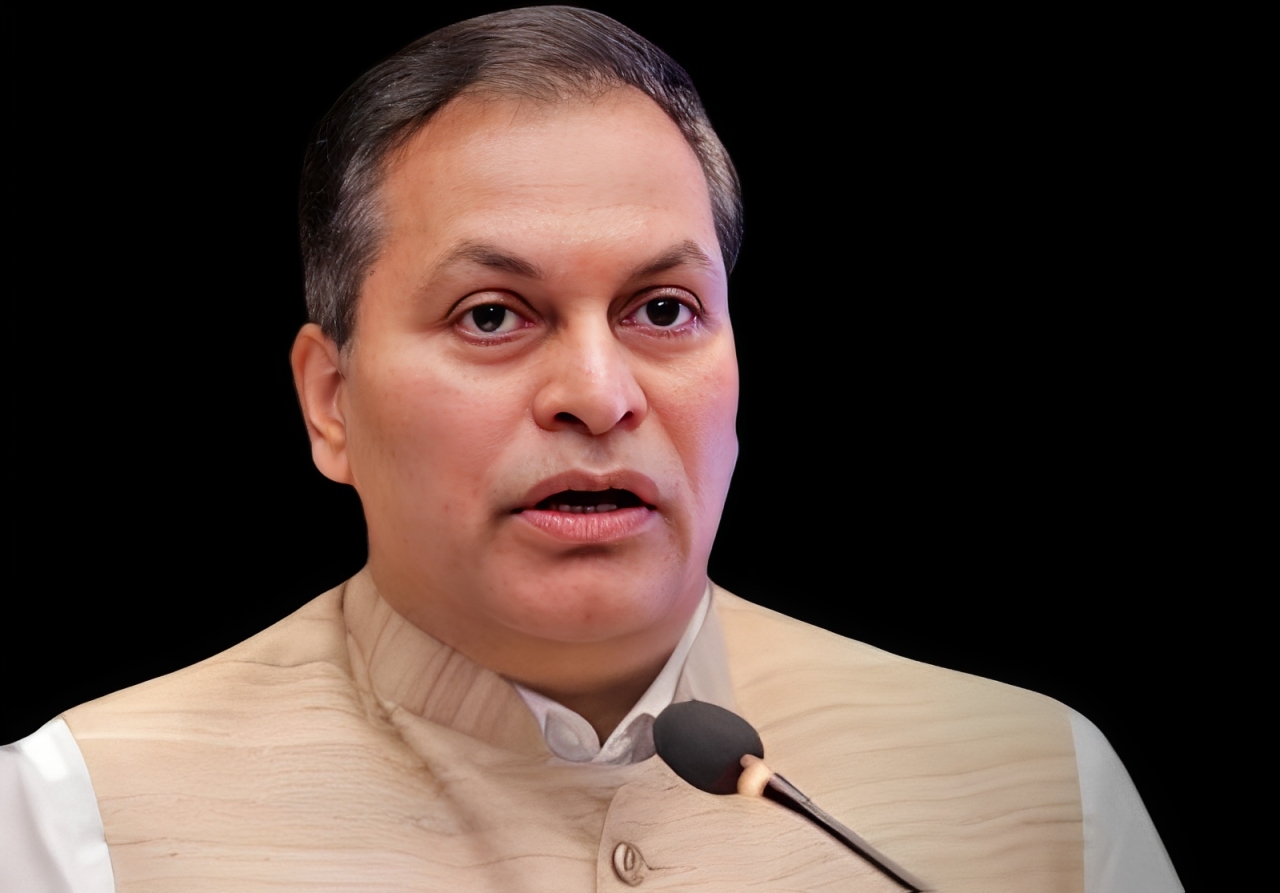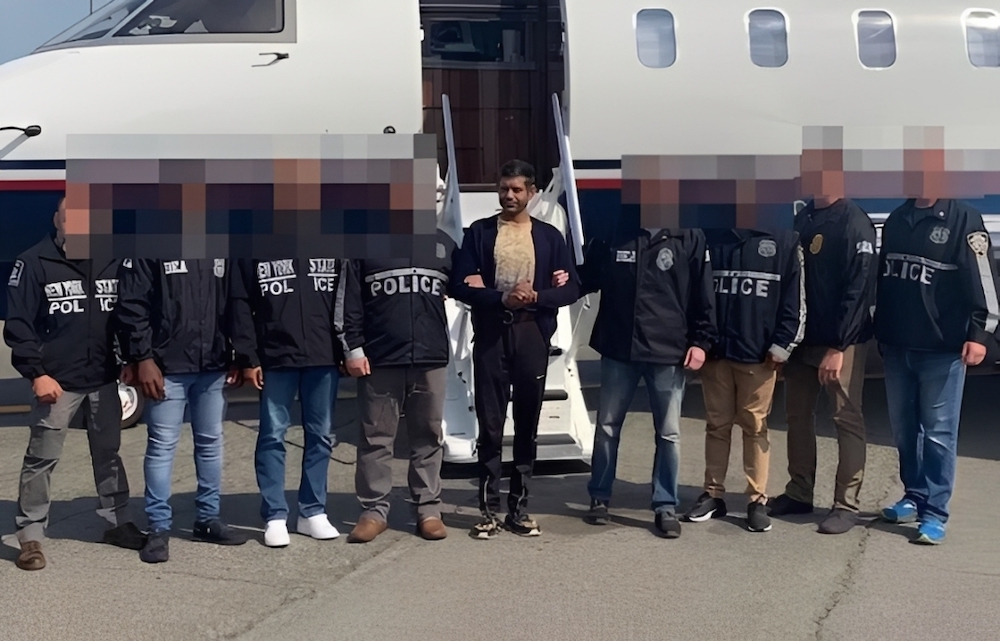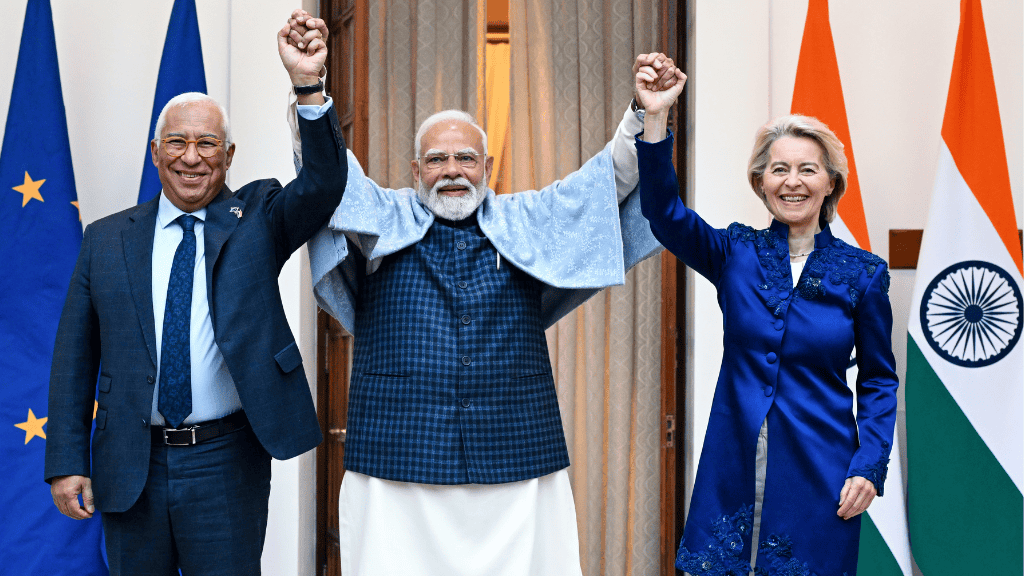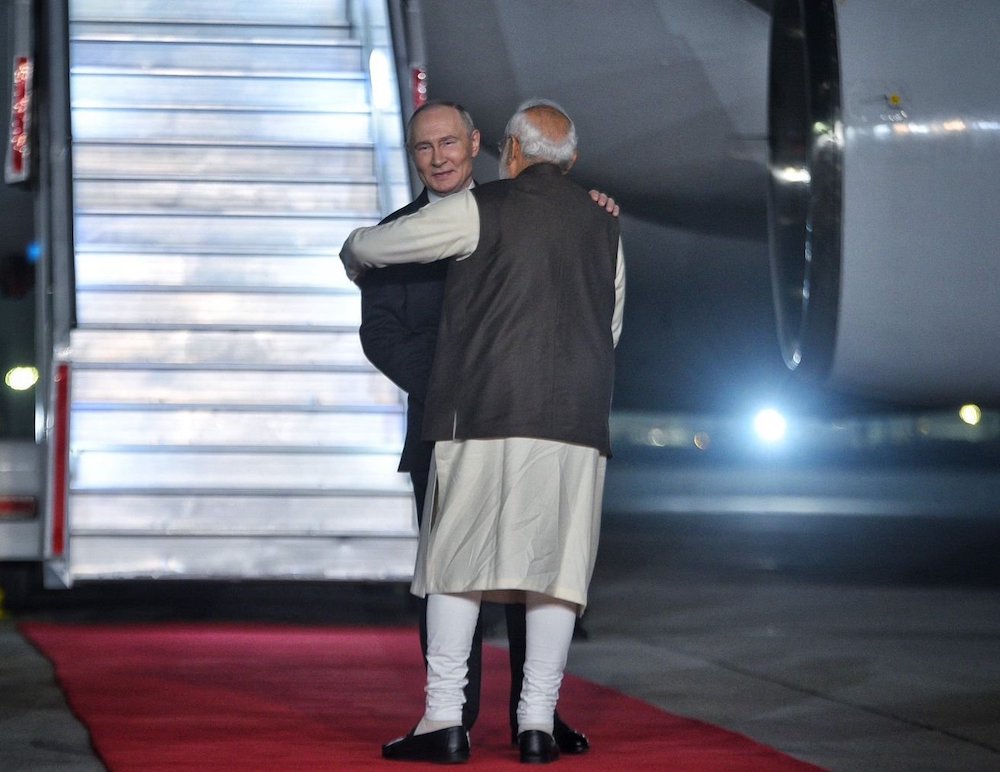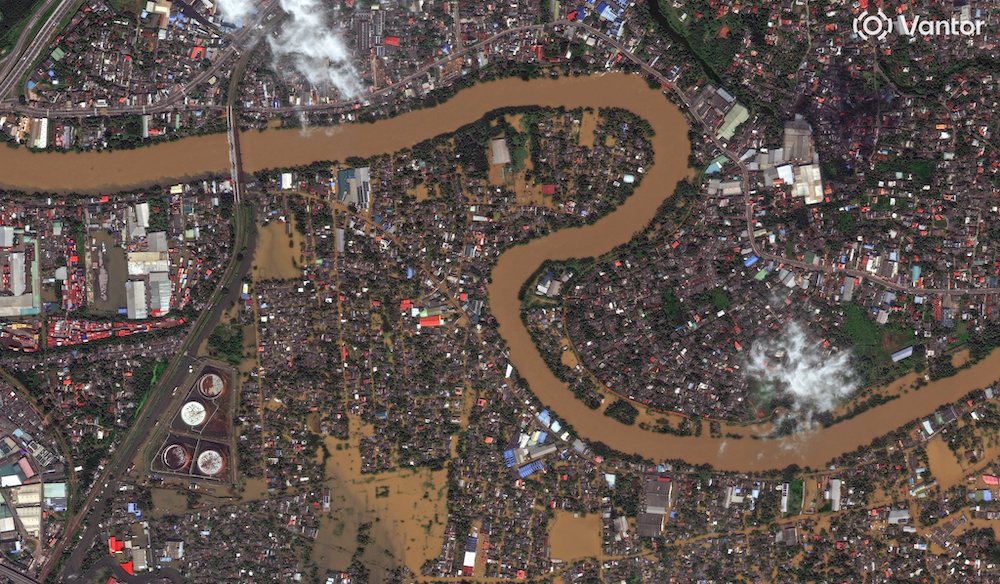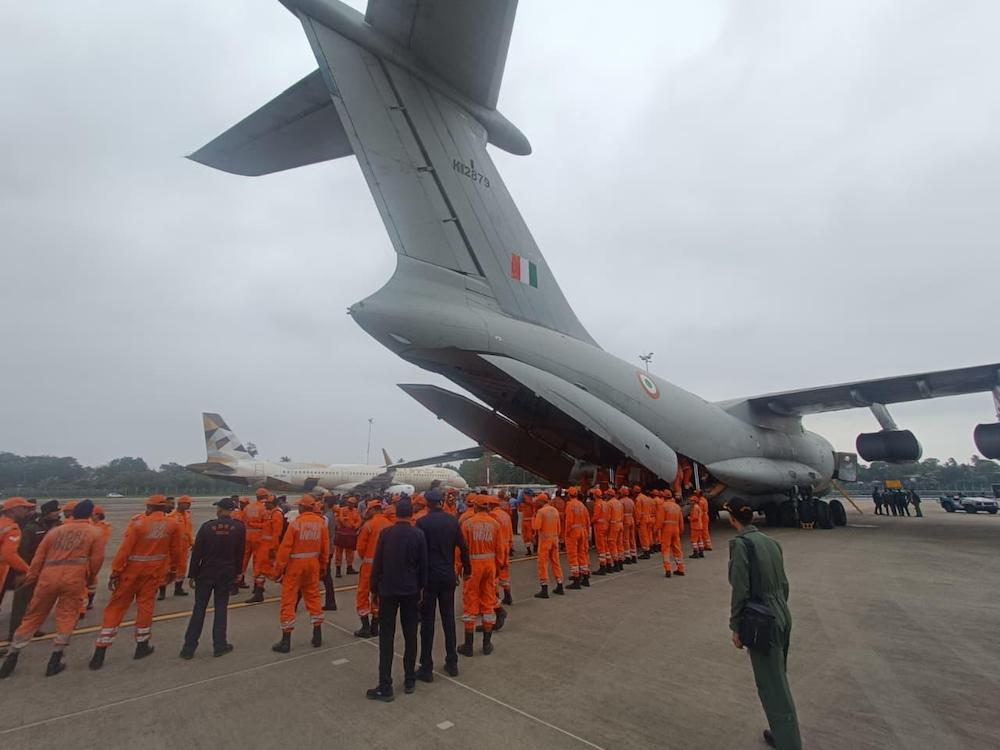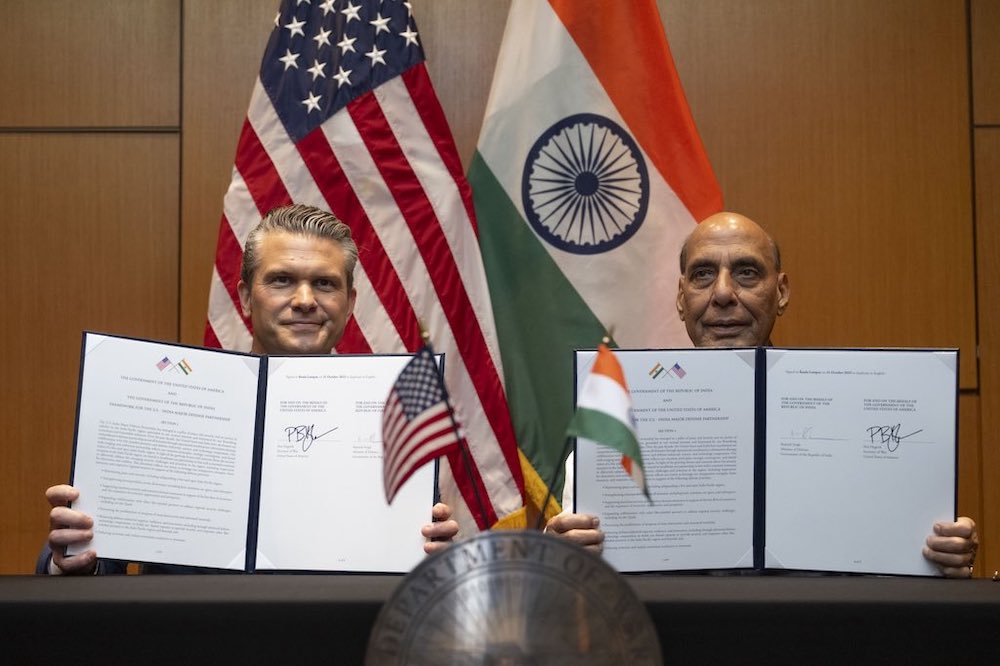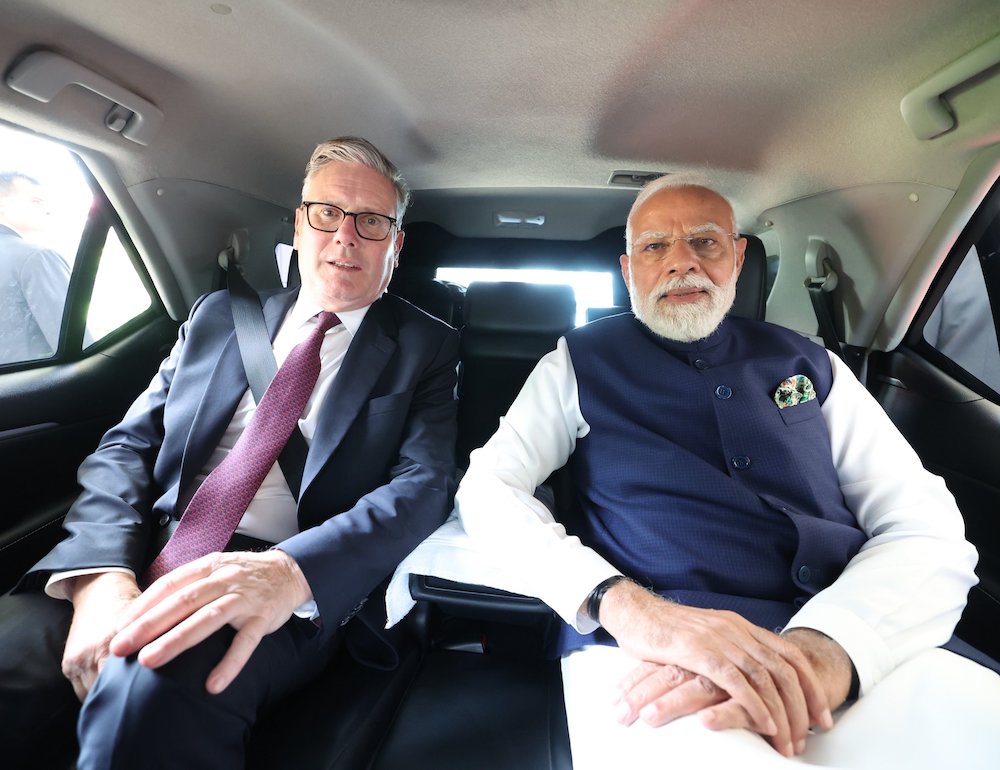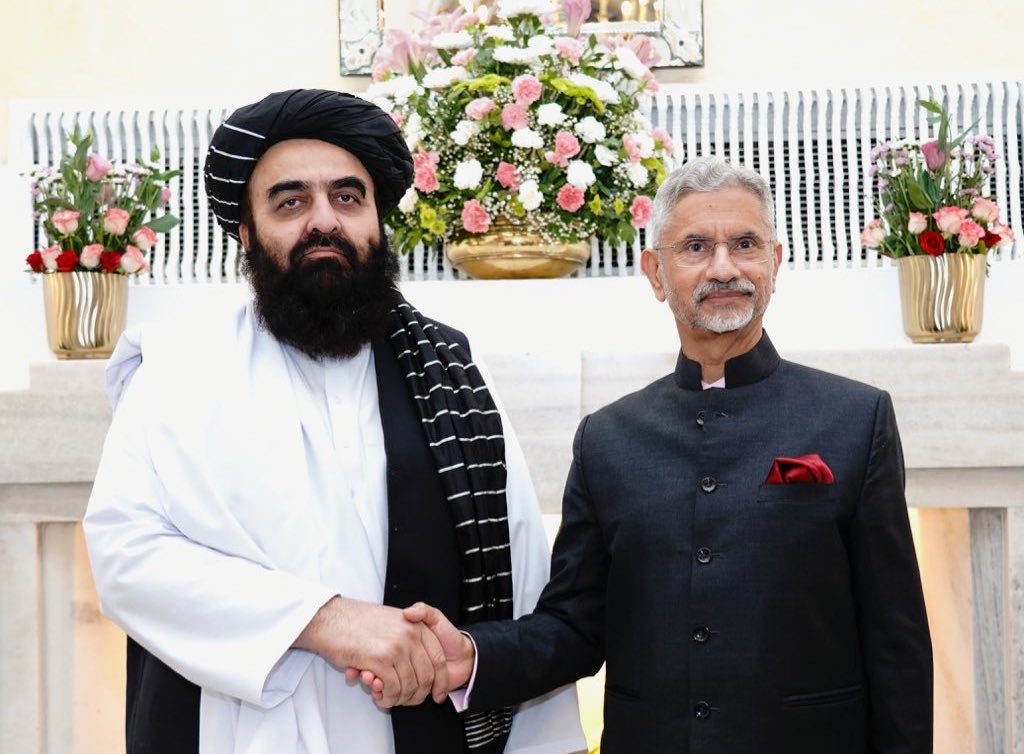 S Jaishankar with Mawlawi Amir Khan Muttaqi (L). (Photo: X/@DrSJaishankar)
S Jaishankar with Mawlawi Amir Khan Muttaqi (L). (Photo: X/@DrSJaishankar)
New Delhi: India has outlined an ambitious programme of development assistance to Afghanistan, including the construction of hospitals, trauma centres and maternity clinics. This comes after foreign minister, S Jaishankar, held talks with the Taliban’s foreign minister, Mawlawi Amir Khan Muttaqi, in New Delhi on Thursday.
The meeting with Muttaqi marked one of the most substantive engagements between India and Afghanistan’s Taliban government since the group seized power in August 2021, with both sides agreeing to expand cooperation across healthcare, infrastructure and trade.
In a symbolic gesture underscoring the warming ties, Jaishankar handed over 20 ambulances to Afghanistan following the discussions, which covered what officials described as a “wide range of issues of mutual interest” and regional developments.
د ا.ا.ا د بهرنیو چارو وزیر محترم مولوي امیر خان متقي او هندي سیال ښاغلي ډاکټر ایس جې شنکر ترمنځ د هند په پلازمینه نوي دهلي کې ناسته. pic.twitter.com/WWSoRUcFh9
— Hafiz Zia Ahmad (@HafizZiaAhmad) October 10, 2025
Security assurances take centre stage
A key focus of the talks was security cooperation, with Jaishankar expressing appreciation for Afghanistan’s condemnation of a terrorist attack in Pahalgam, Jammu and Kashmir, on April 22. Muttaqi reiterated assurances that Kabul would not allow Afghan territory to be used against India – a longstanding concern for New Delhi given the historical presence of anti-India militant groups in the region.
Pleased to meet FM Mawlawi Amir Khan Muttaqi of Afghanistan today in New Delhi.
— Dr. S. Jaishankar (@DrSJaishankar) October 10, 2025
This visit marks an important step in advancing our ties and affirming the enduring India-Afghanistan friendship.
Discussed India’s support for Afghanistan’s development, our bilateral trade,… pic.twitter.com/OLBOiv3gZZ
Both governments condemned terrorism emanating from regional countries, though neither side named specific nations in the joint statement.
The Afghan government’s repeated assurances on preventing cross-border terrorism represent a significant diplomatic priority for India, which has watched warily as the Taliban consolidated control over its western neighbour.
Healthcare projects
India announced an extensive healthcare cooperation package that includes establishing a thalassemia centre, a modern diagnostic centre and an oncology centre in Kabul. A 30-bed hospital will be constructed in the capital’s Bagrami district, alongside a trauma centre and five maternity health clinics in the eastern provinces of Paktika, Khost and Paktia.
Also handed over 5 Ambulances to FM Muttaqi.
— Dr. S. Jaishankar (@DrSJaishankar) October 10, 2025
This is part of the larger gift of 20 ambulances, and other medical equipment reflecting our long standing support for Afghan people.
?: https://t.co/1tqdAoB4L5 https://t.co/wX1QP5Ms6x pic.twitter.com/5C4OxWhtHp
The programme also involves replacing the heating system at the Indira Gandhi Institute of Child Health in Kabul and continuing a prosthetics initiative that has fitted approximately 75 artificial limbs to Afghan nationals.
India will continue providing medical treatment to Afghan citizens and offering scholarships to Afghan students under the Indian Council for Cultural Relations scheme, with additional educational pathways under consideration.
Earthquake response and trade corridor
Jaishankar offered condolences for lives lost in a recent earthquake that struck Nangarhar and Kunar provinces. India was among the first nations to deliver relief materials following the disaster, and New Delhi has now expressed willingness to assist in reconstructing residential buildings in affected areas.
As announced by EAM @DrSJaishankar during the meeting with FM Mawlawi Amir Khan Muttaqi of Afghanistan today, India has delivered additional food supplies as part of its ongoing humanitarian assistance to those affected by the earthquake. pic.twitter.com/l0ezCBj1Eo
— Randhir Jaiswal (@MEAIndia) October 10, 2025
Both sides welcomed the launch of an India-Afghanistan air freight corridor, which aims to facilitate direct trade between the two countries. Afghanistan invited Indian companies to invest in its mining sector as a means of strengthening commercial relations.
The countries also discussed cooperation on hydroelectric projects, building on India’s earlier construction and maintenance of the Salma Dam in Herat province, which both governments now refer to as the India-Afghanistan Friendship Dam.
Diplomatic tightrope
India’s engagement with the Taliban government reflects a pragmatic shift in its Afghanistan policy. New Delhi has maintained a diplomatic presence in Kabul and pursued humanitarian and development cooperation while stopping short of formal recognition of the Taliban administration.
The outreach comes as India seeks to balance its historical ties with Afghanistan’s people against security concerns and the Taliban’s international isolation. India provided humanitarian assistance including food grains, educational materials, disaster relief supplies and support for refugees forcibly repatriated to Afghanistan.
Both sides agreed to maintain regular communication and continue engagement, with discussions also touching on sports cooperation, particularly in cricket – a sport with deep popularity in both nations.
The talks represent India’s most detailed public articulation of its Afghanistan strategy since the Taliban’s return to power, signalling a willingness to deepen practical cooperation while seeking assurances on security concerns that remain central to New Delhi’s regional calculations.


